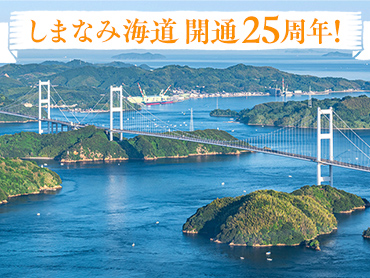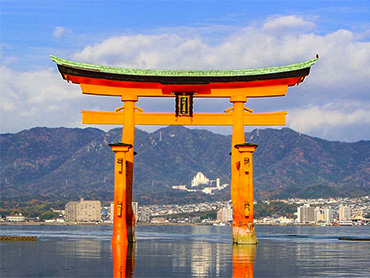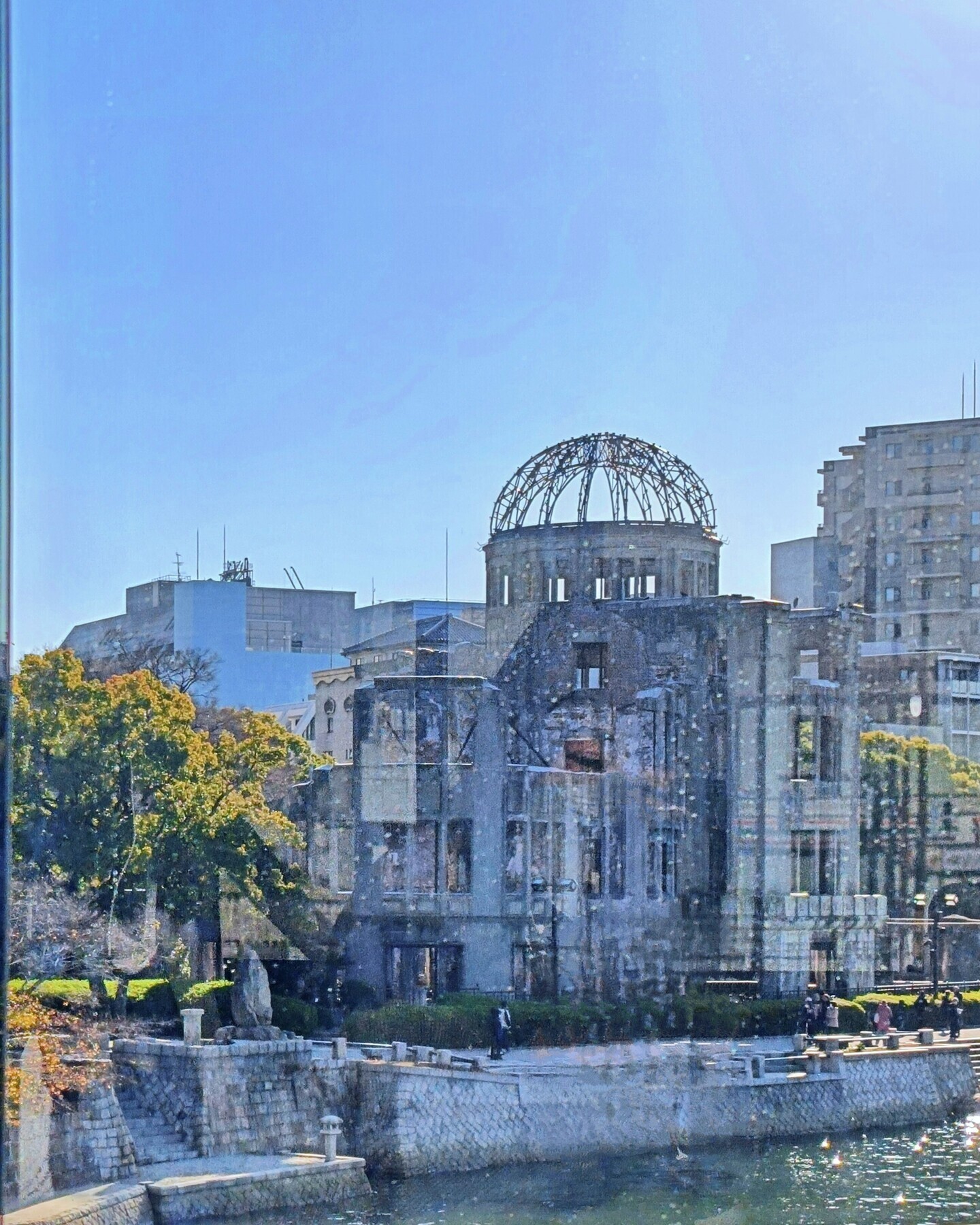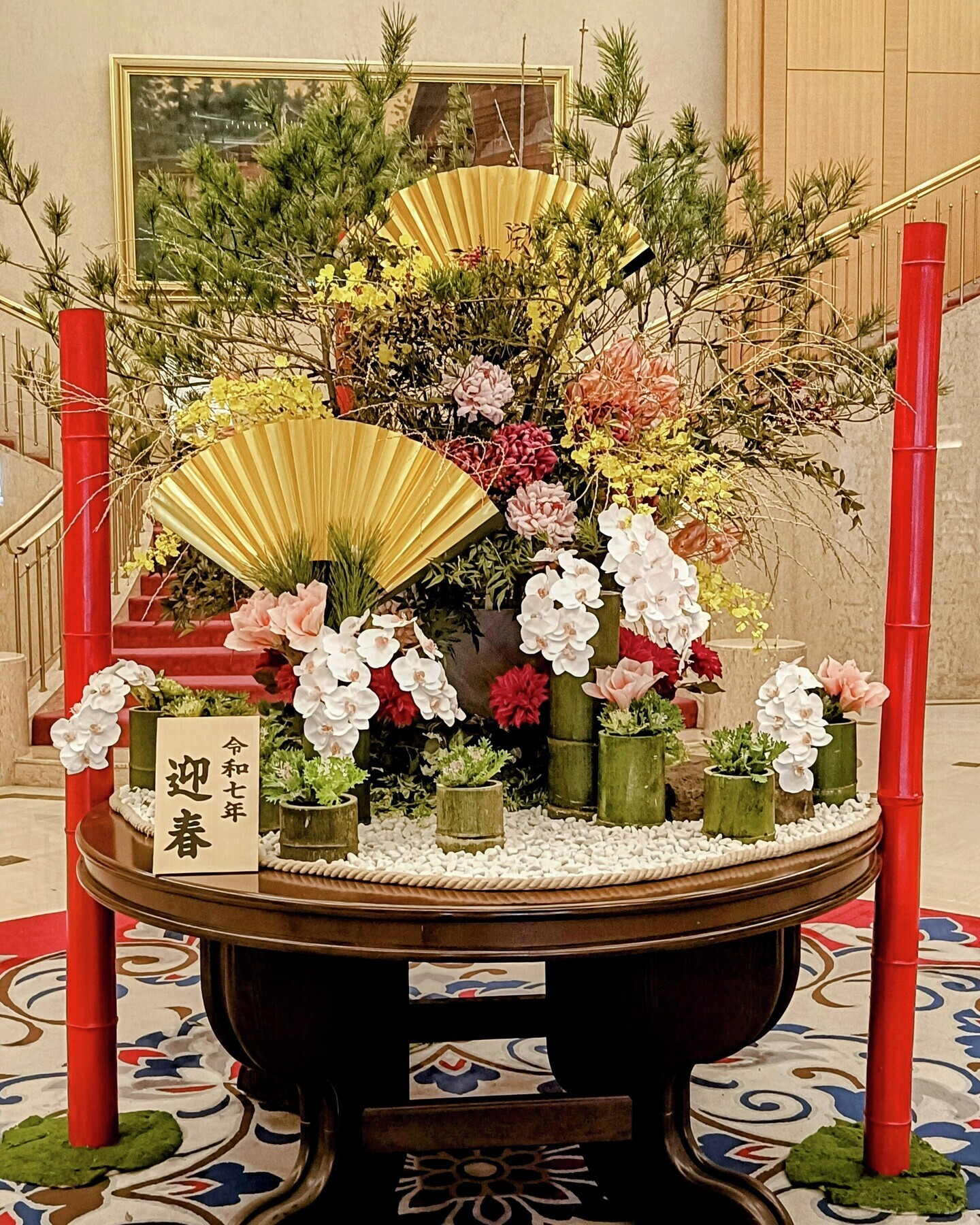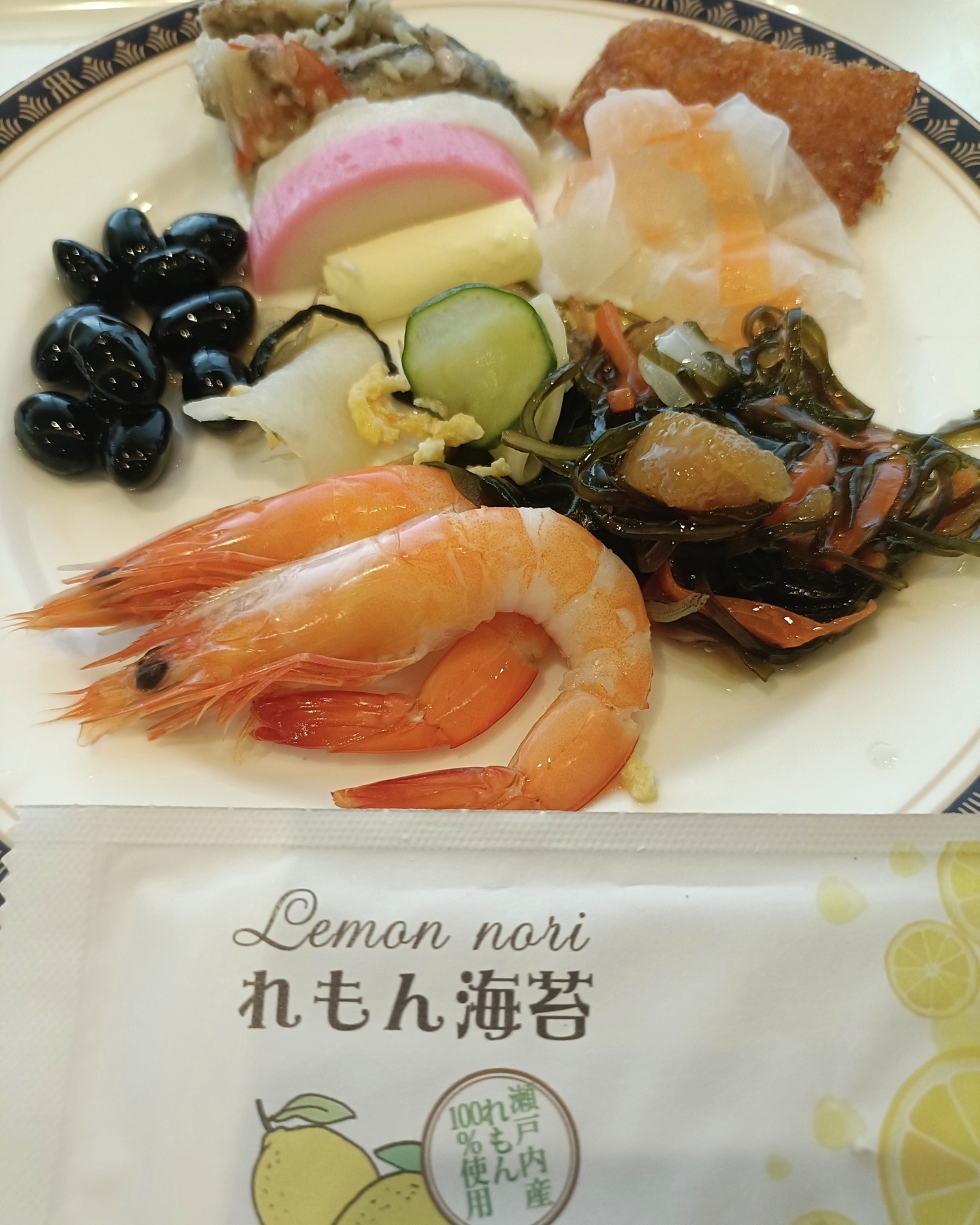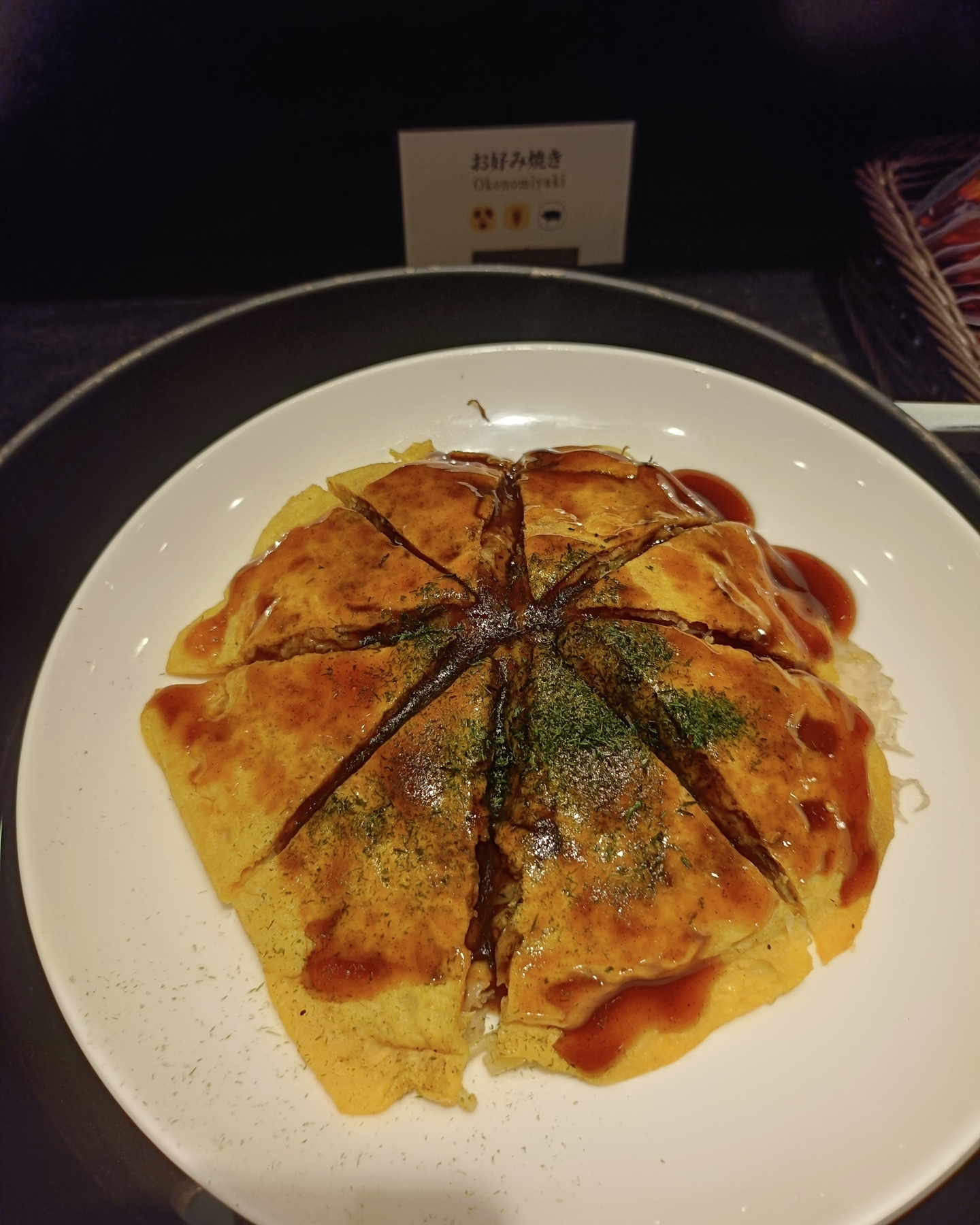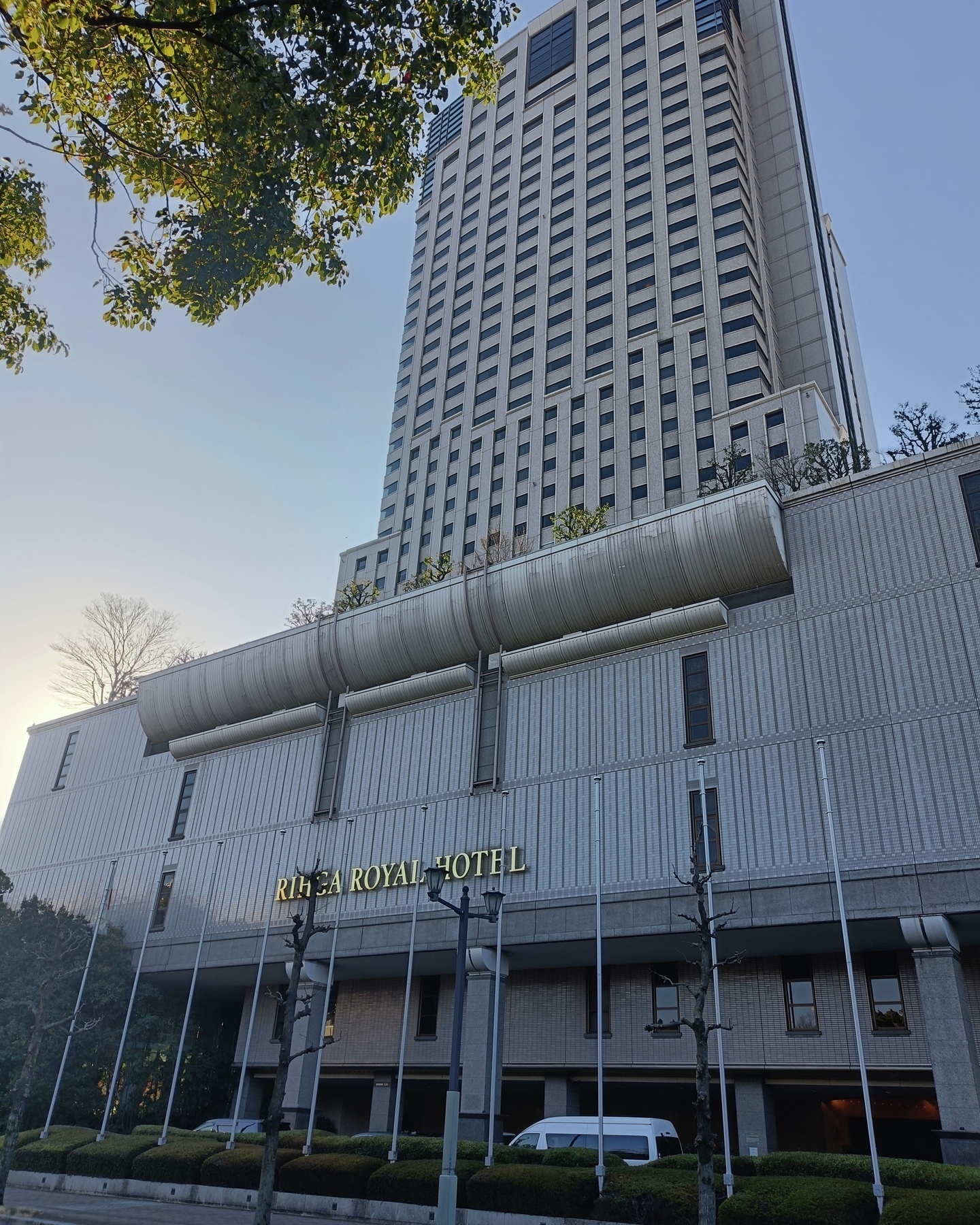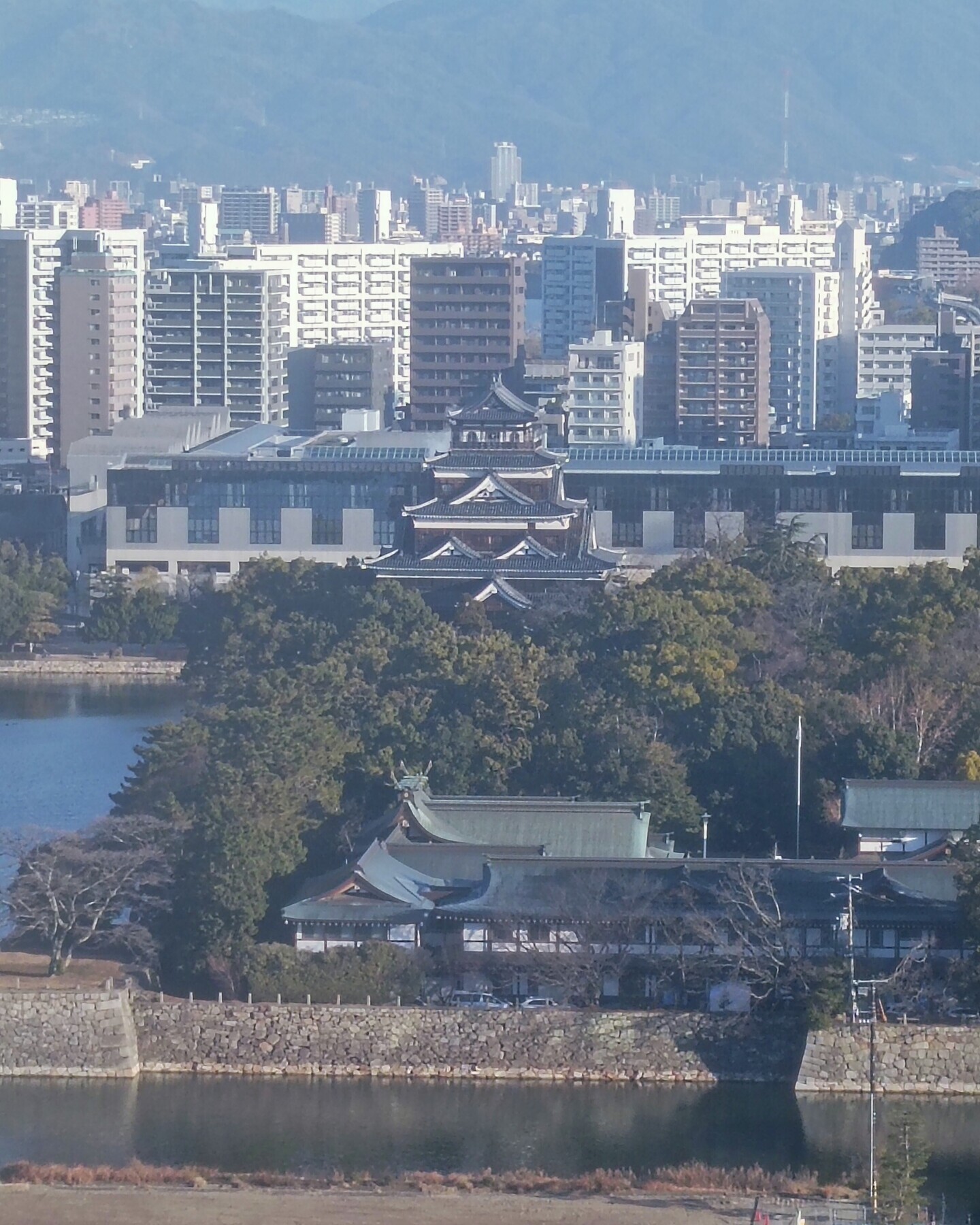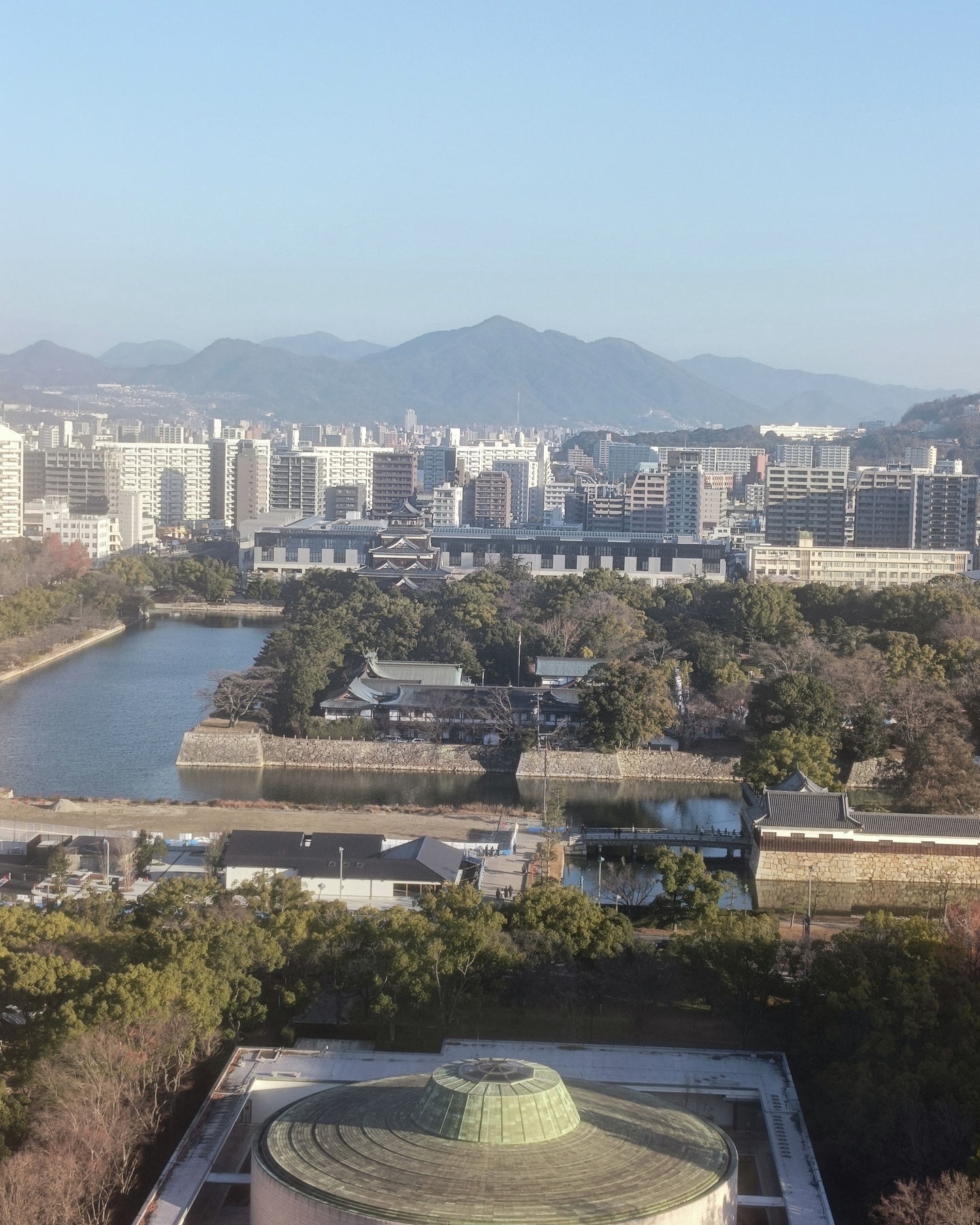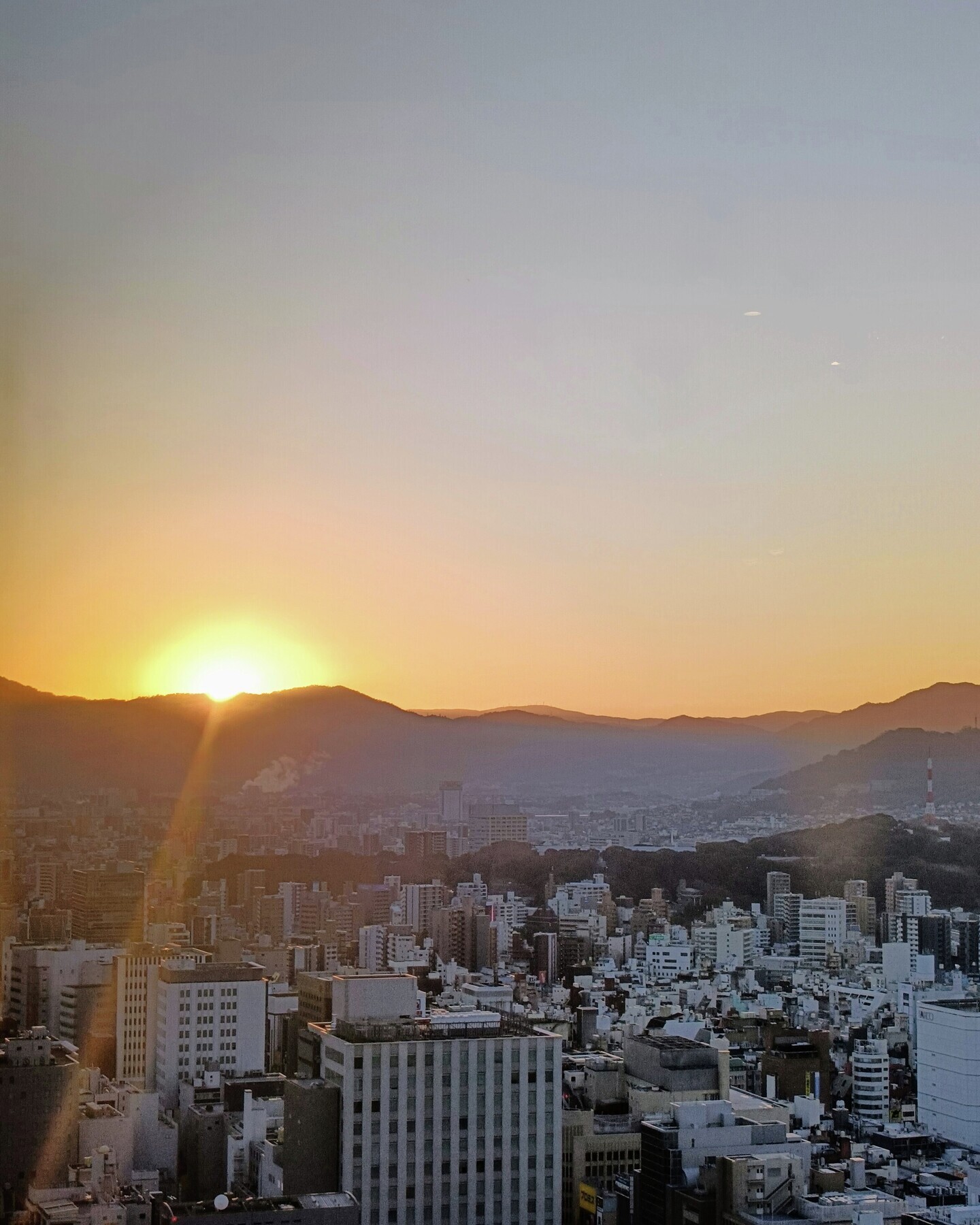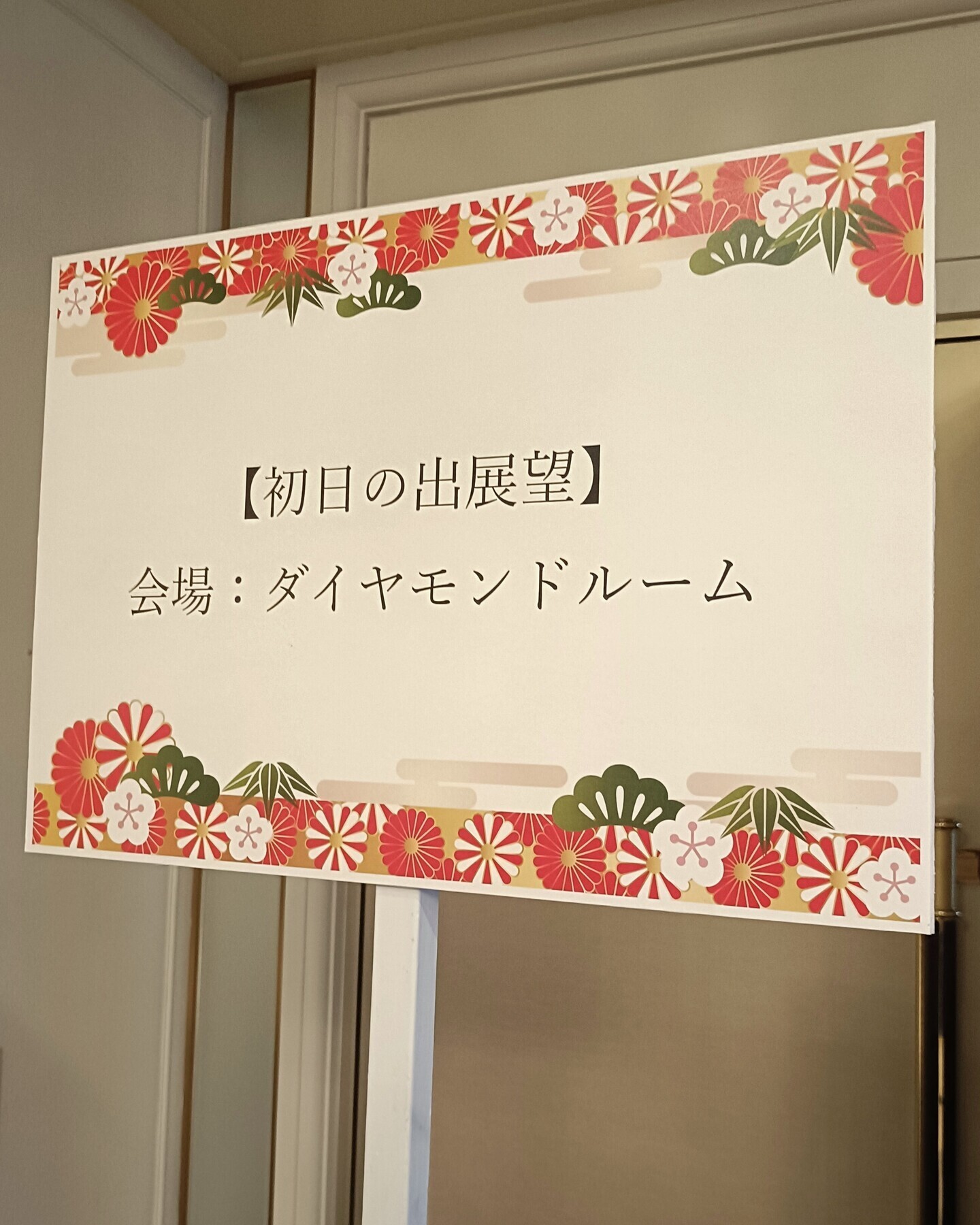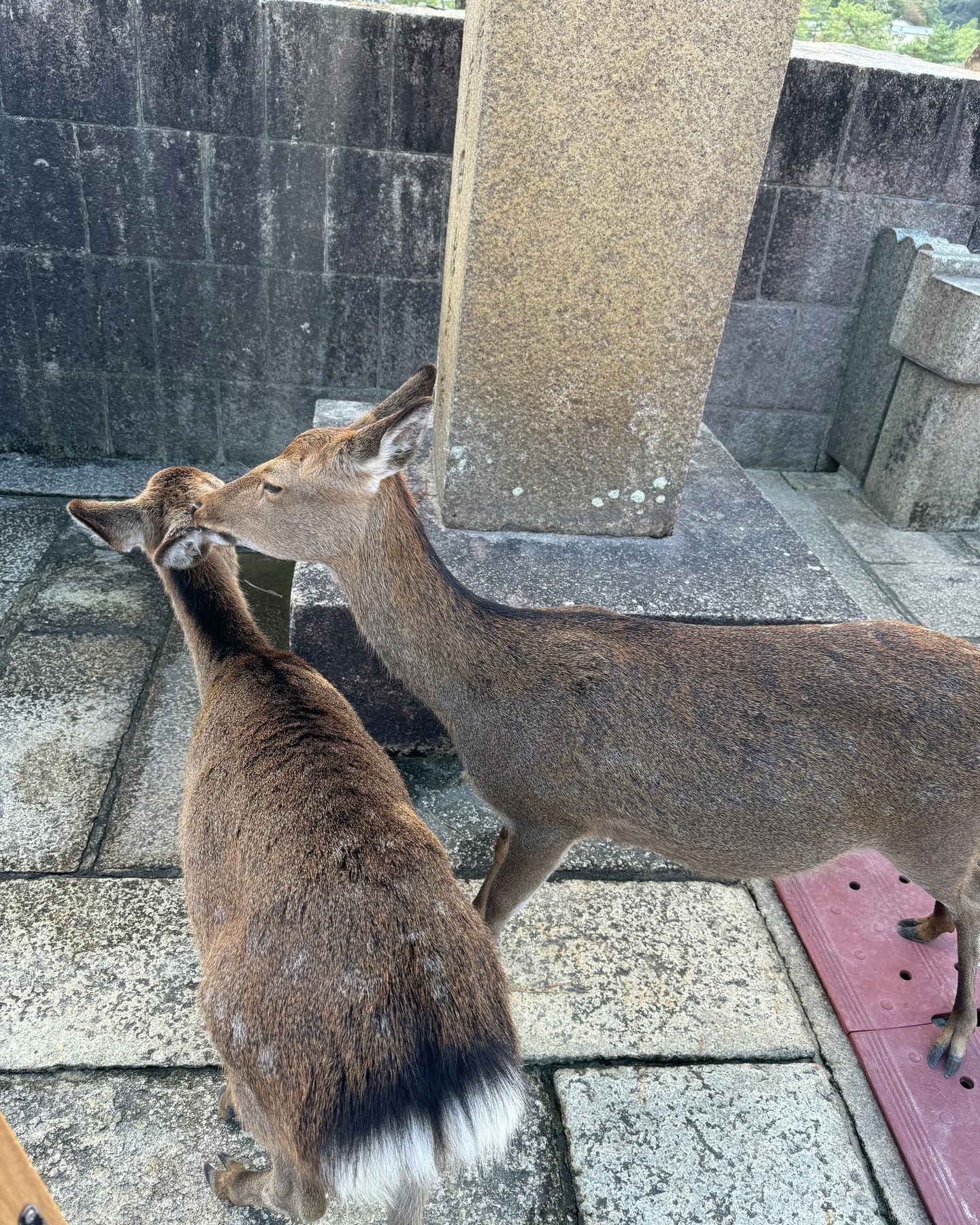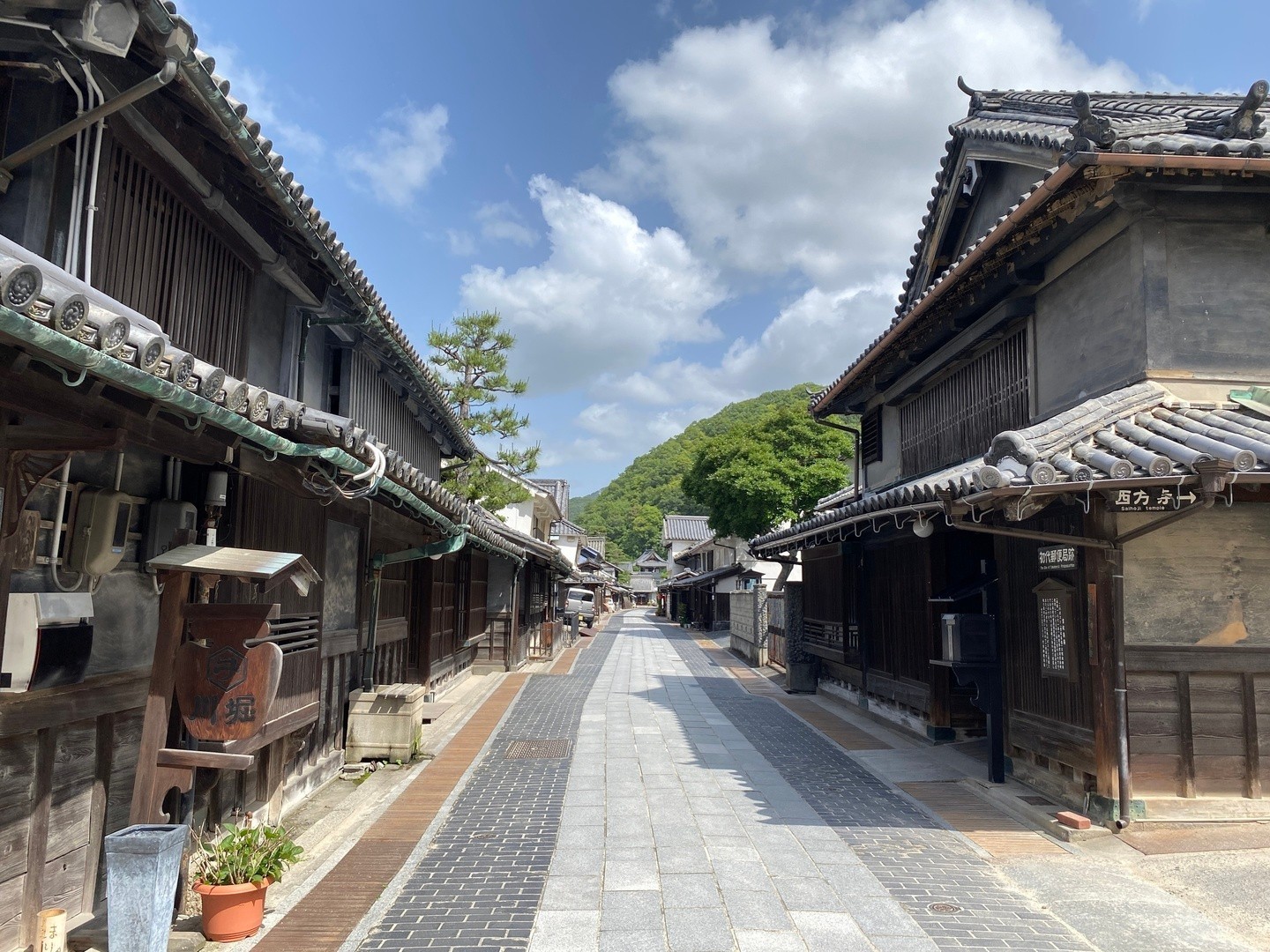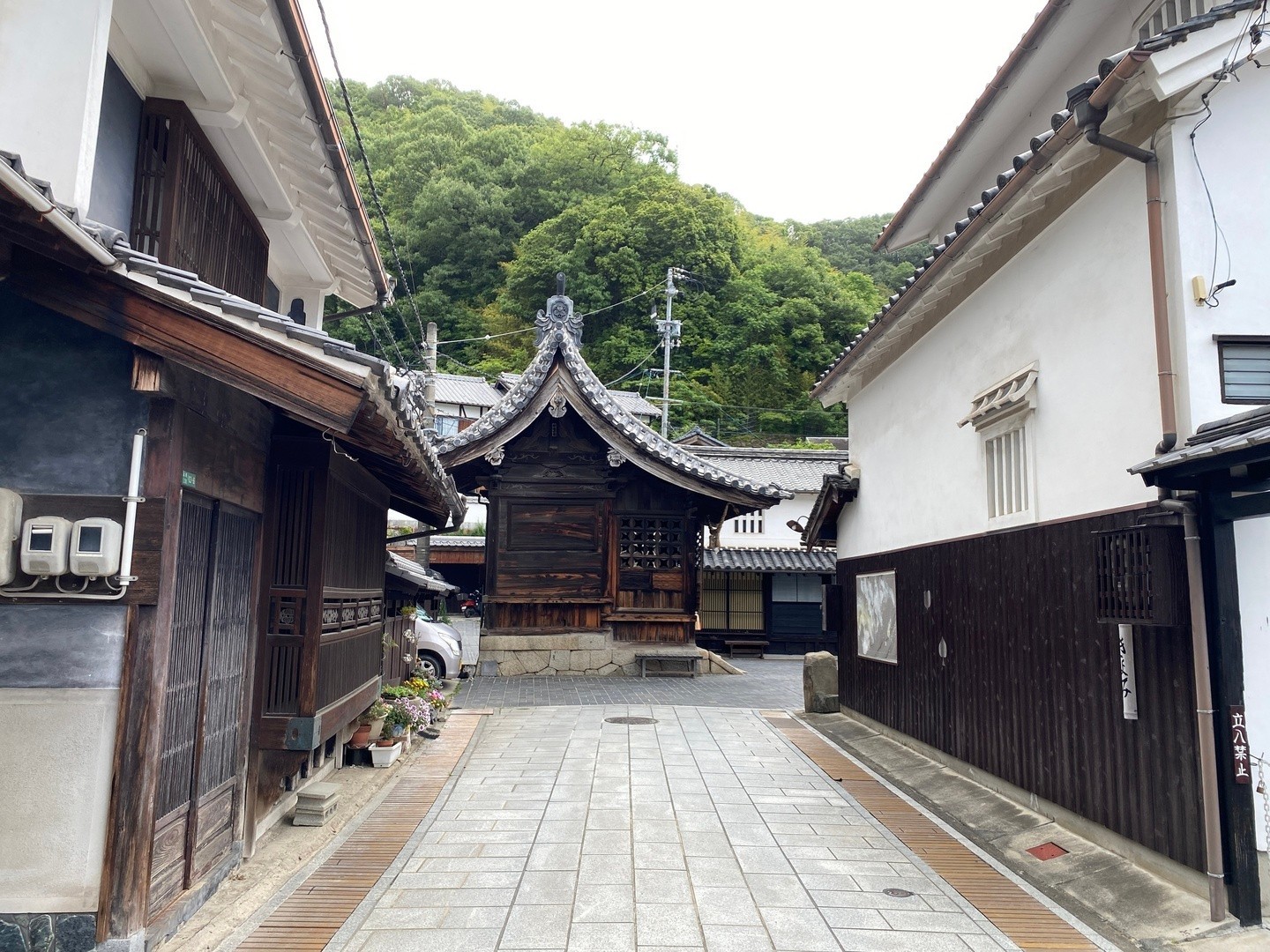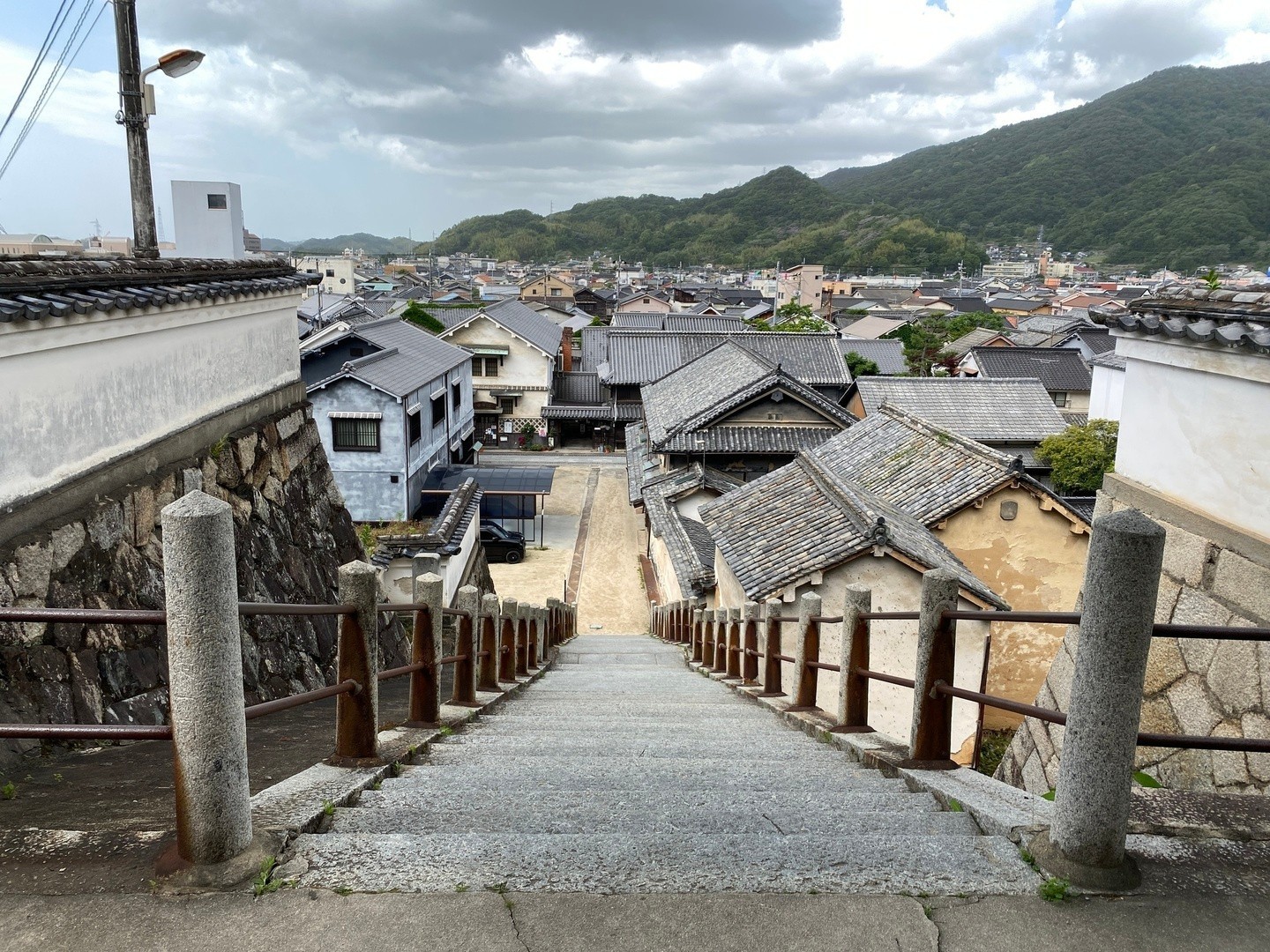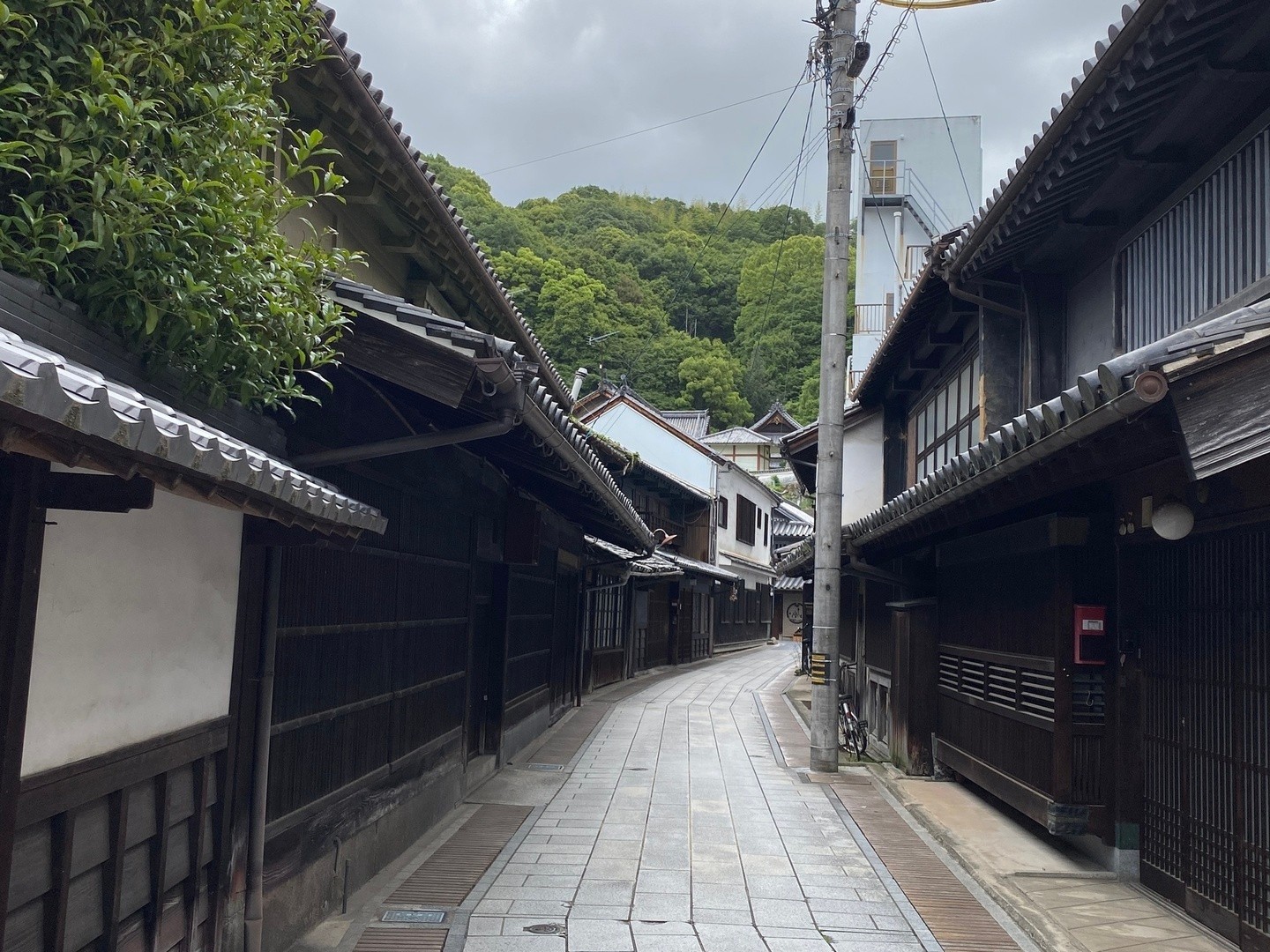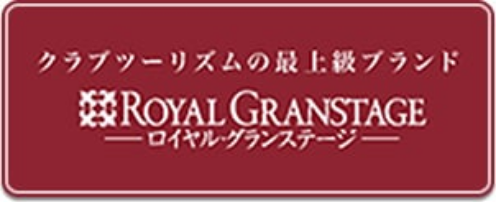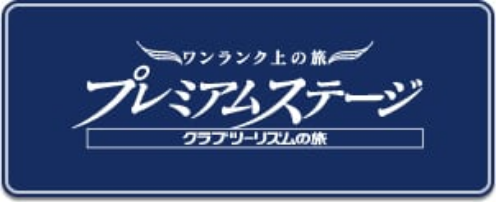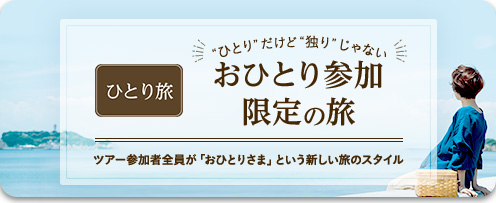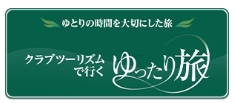[Departing from Osaka, Kyoto, Nara, Shiga] Hiroshima trip/ Hiroshima tour
![[Departing from Osaka, Kyoto, Nara, Shiga] Hiroshima trip/ Hiroshima tour](/ct/japan/todoufuken/chugoku/pc-hiroshima.jpg)
![[Departing from Osaka, Kyoto, Nara, Shiga] Hiroshima trip/ Hiroshima tour](/ct/japan/todoufuken/chugoku/sp-hiroshima.jpg)
Popular Hiroshima tours Each place of departure
人気の観光地・テーマから探す
Search by date and destination
Click on the date on the calendar
*Clicking a date on the calendar will change its color and select it.
To select a specific period, click the first and last dates.
transportation
Search by recommended spots
Itsukushima Shrine

Itsukushima Shrine (Image)
Itsukushima Shrine is one of the Three Most Scenic Spots of Japan* and is a designated World Heritage Site. The entire island is considered sacred, and logging has been prohibited, leaving behind a lush virgin forest. It has been revered as an island of gods since ancient times, and has a long history, with many historical figures having revered it. In particular, the worship of Miyajima by Taira no Kiyomori and the Heike clan is well known, and they even constructed Itsukushima Shrine. Miyajima also has many flowers and plants that reflect the seasons, allowing you to enjoy the changing flowers of each season.
*Source: Miyajima Tourism Association
Hiroshima real-time information
Easy online travel consultation
Customer Co-Creation Activities
Latest Tours and Information
Club Tourism Travel Brand
Overseas Travel
Club Tourism Internet Membership Information
-
A wide range of services exclusively available to members
-
Search for trips anytime, anywhere!
-
Be the first to know about the best seasonal travel deals!

